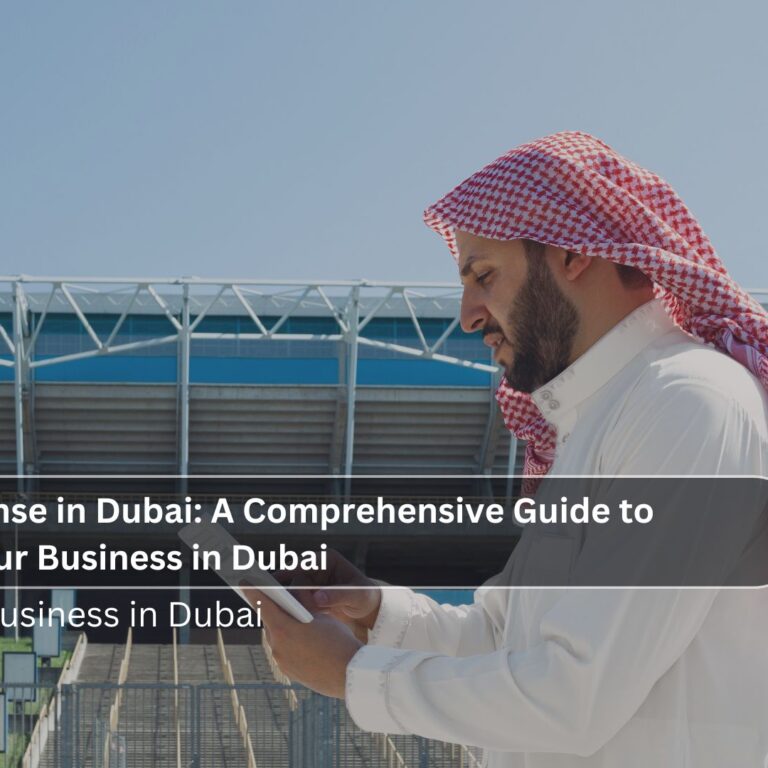
MOHRE Enquiry Services: A Complete Guide
MOHRE Enquiry Services: A Complete Guide Introduction to MOHRE Enquiry…

MOHRE Enquiry Services: A Complete Guide Introduction to MOHRE Enquiry…

How to Sell on Amazon UAE in 2025: Amazon Seller…

How to Setup your Business in Dubai Mainland in 2025…

How to Add New Activity in Trade License in the…

Business License in Dubai: A Comprehensive Guide to Setting Up…

How to Get a Restaurant License in Dubai The restaurant…

How to Obtain a Gold Trading License in Dubai: A…